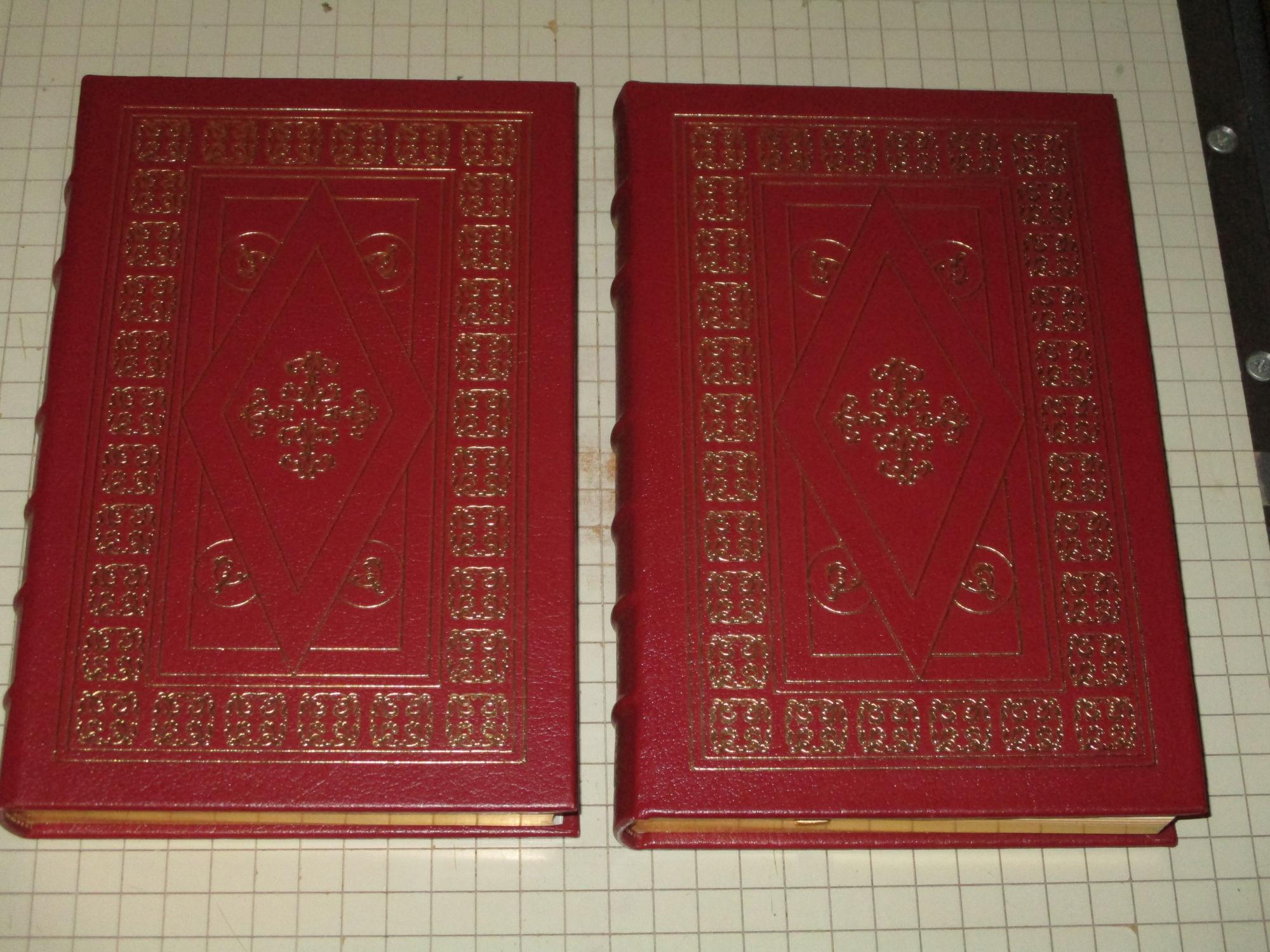
Long had met Rose in 1910 at a baking contest he organized to promote a shortening called Cottolene while he was still in sales. He was in Shreveport to propose to Rose McConnell.

ROSE MCCONNELL LONGĪt the end of 1912, Long was arrested in Shreveport for creating a disturbance in a brothel, though Long later claimed he was falsely arrested for the shooting of two men. He left to become a traveling salesman again. George then gave his brother money to switch to the University of Oklahoma Law School, but Long lost that gambling.Īfter hustling for a job, Long attended for a semester, but by his own admission, learned more about gambling than the law. His older brother George paid for attendance at Oklahoma Baptist University to become a preacher, but Long never registered. Long claimed that he became a traveling salesman instead when he realized he couldn’t afford the required books, but it’s believed he didn’t attend because he never graduated high school. Long was known for his avid reading, photographic memory and an audacious personality with no inhibitions about offering his opinion.ĭuring high school, Long won a scholarship to Louisiana State University in a debate competition. His hometown of Winnfield was in one of the poorest parishes in the state, but the Longs, farmers with livestock, were relatively well off. In 1998, Williams was posthumously inducted into the Louisiana Political Museum and Hall of Fame in Winnfield.Long was born on August 30, 1893, in rural north central Louisiana, the seventh child in his family.

Williams passed away approximately two months after retirement due to complications from pneumonia. Williams is perhaps best known for his American Civil War study, Lincoln and His Generals, a "Book of the Month" selection from 1952, and Huey Long, winner of both the National Book Award and the Pulitzer Prize in 1970. Harry Williams (Thomas Harry Williams) was an historian at Louisiana State University in Baton Rouge whose writing career began in 1941 and extended for thirty-eight years until his death in 1979. In 1998, Williams was posthumously inducted into the Louisiana Political Museum and Hall of Fame in Winnfield.



 0 kommentar(er)
0 kommentar(er)
